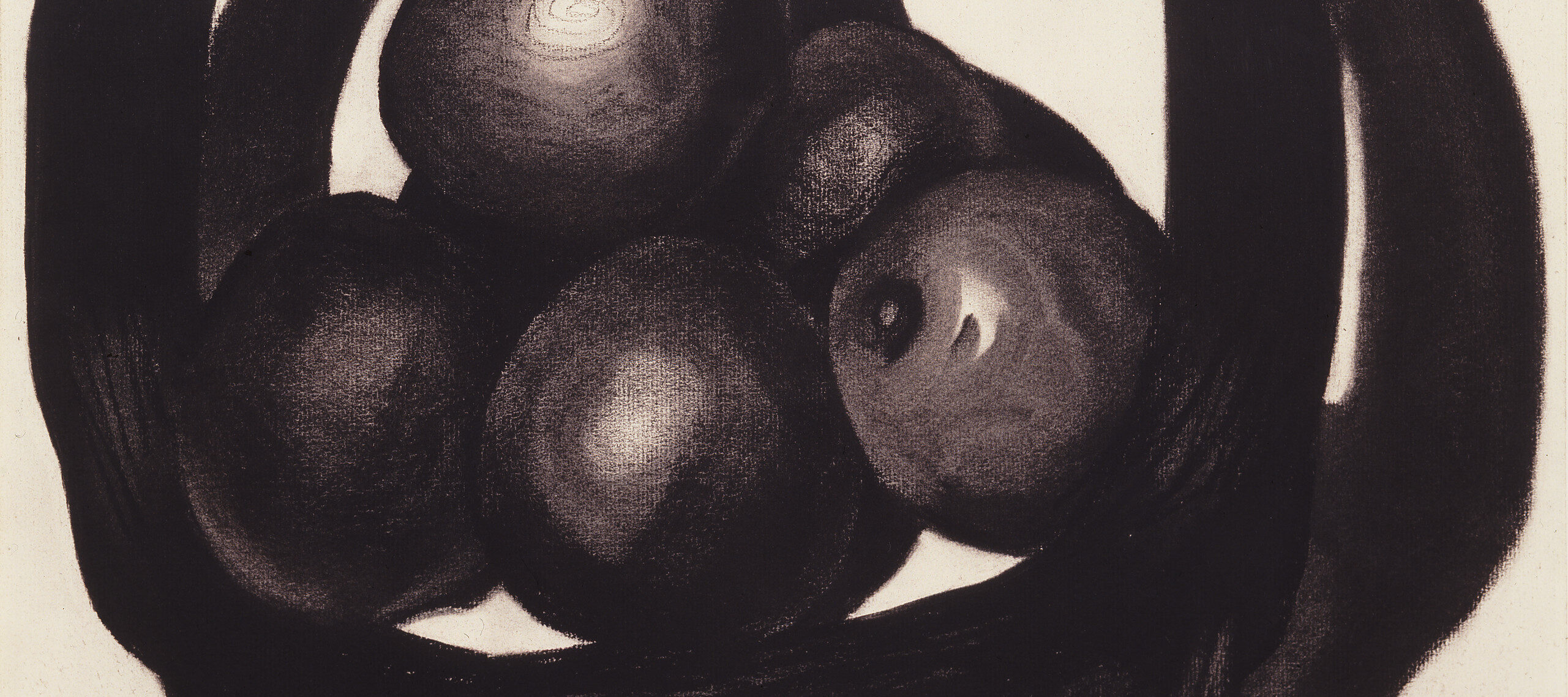The innovative aspect of the exhibition Places of Their Own: Emily Carr, Georgia O’Keeffe, and Frida Kahlo, showcases the works of Emily Carr (1871-1945, Canadian), Georgia O’Keeffe (1887-1986, American), and Frida Kahlo (1907-1954, Mexican), who achieved legendary stature in their native countries. Each secured an artistic reputation as her nation’s outstanding woman painter of the 20th century. Collectively, their work gives form to a mythos of North America, linking region and nationality to larger forces at work in Western consciousness.
The exhibition lies in its effort to build associations, through gathering and juxtaposing a wide range of works. When taken as a whole, the exhibition explores these artists’ sense of self and of place as related to nature, culture, and the construction of personal mythologies. Carr, O’Keeffe, and Kahlo rooted themselves in a part of the Americas and reinvented the image of that place in their paintings. The process of that transformation is their ultimate subject and their most radiant achievement. The exhibition probes the unique accomplishments and complex identities developed within lives imprinted with courage, passion, and integrity.
Born in an era when definitions of social, artistic, and sexual roles were changing, Carr, O’Keeffe, and Kahlo inherited a late 19th-century crisis of cultural authority, which included an increasing sense of fragmentation of both self and society. Ideas about autonomy, form, and causality were questioned everywhere, from physics to art to the new psychology. Within this context, these three women artists looked to nature and their own native cultures for ways to counter this fragmentation. While seeking careers as professional painters, they grappled with change and ambiguity, remaining sensitive to tradition even as they explored modernity and modernism in their work.

Installation view of Places of Their Own: Emily Carr, Georgia O’Keeffe, and Frida Kahlo
The Artist,
Georgia O’Keeffe
Georgia O’Keeffe was an American painter whose drawings and paintings of abstract forms, flowers, bones, and the New Mexico landscape mark her as a significant modernist painter.
The Artist,
Frida Kahlo
Mexican painter Frida Kahlo is known for creating striking, often shocking, self-portraits that reflected her political ideology, cultural identity, and her turbulent personal life.
